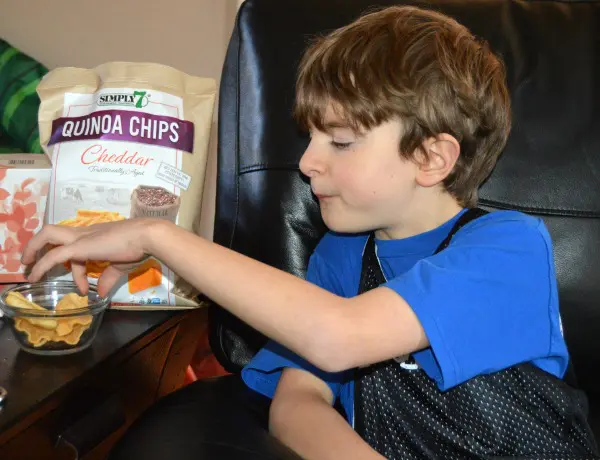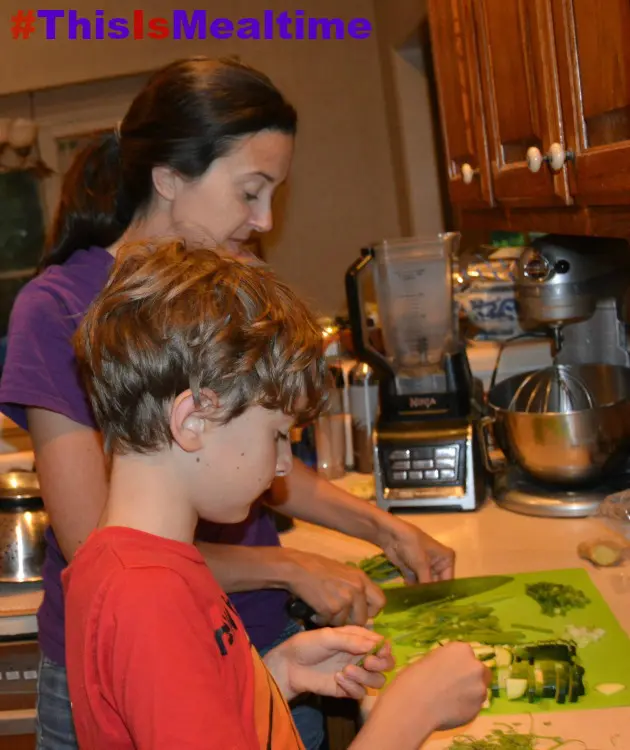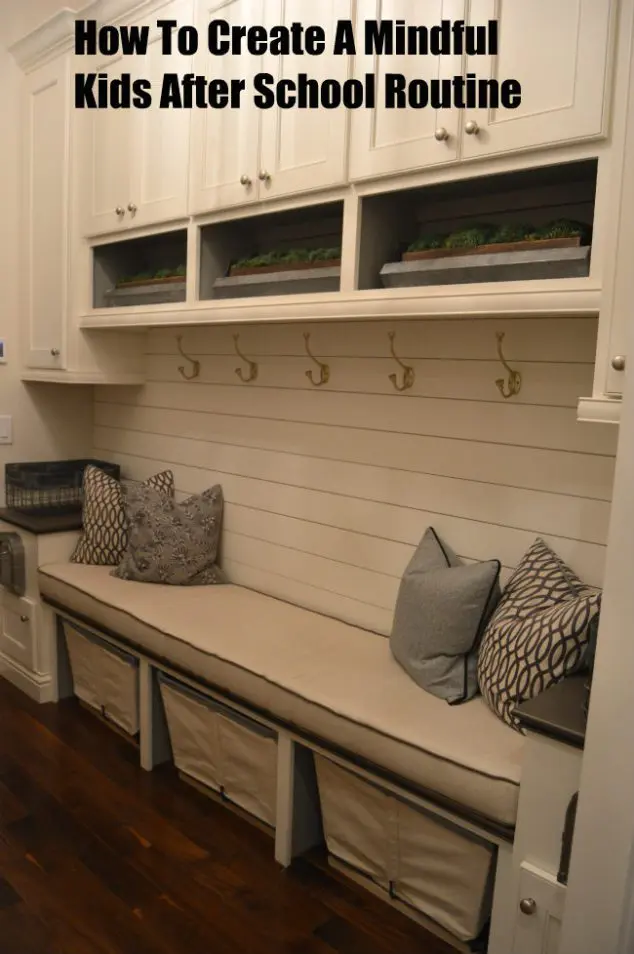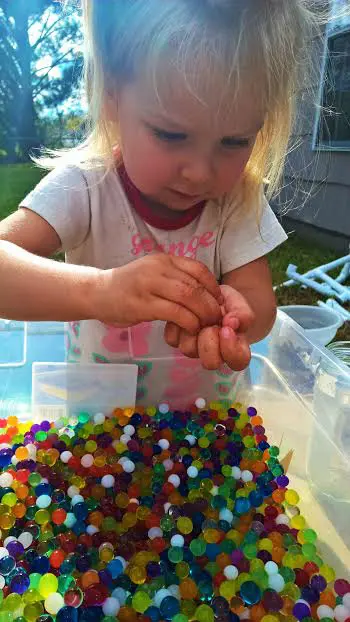Having an after school routine that you and your kids is enjoy is a really big deal. After all, it happens 5 days a week and you need to have a routine that fits your family. Mindful Parenting is all about taking a purposeful approach that includes you and your children being more present in the moment. Today’s tips will help you create a more mindful kids after school routine that will help you connect more as a family and help things run smoother because of the purposeful approach.
I recently had a group of North Carolina State University Graduate School students contact me. They had just finished a project for their professor where they were discussing ways to help families have happy and healthy lives through positive relationships. They wanted to share some of their thoughts on mindful ways to reconnect with your Kids during the busy week. So today, I welcome these suggestions on how to create a more mindul kids after school routine from Susan Dorswitt, Rasha Abdullah, and Allerik Freeman.
A Mindful Kids After School Routine
How many parents out there are just trying to survive the week? Maybe you’re a mom hiding in a closet or a pantry after work so you can sneak a break and eat chocolate? Did you see the Ellen show about a mom doing just this?
Well, we have some mindful tips, tricks, and practices for you if you’re that mom hiding and eating candy (or dad of course). These mindful tips and steps can help your work week run a little smoother while also reconnecting with your little ones. Connection prevents challenging behaviors.
First of all, children thrive on routine. In fact this study in the Children’s Healthcare Journal, proves that parents who stuck with routine dealt with less daily behavioral problems. Routines are hard at first; push through the initial week of your more mindful kids after school routine and you will be so happy you did!
Below is an example of my after school routine. Please go ahead and modify to fit your family’s personal preferences, however the first step will help you have less chores while also instilling responsibility in your children, so we highly recommend you don’t skip that one.
1. Put stuff away
When your children get off the school bus and walk through the door, everyone puts away their own bags, tuperware from lunch boxes, trash from lunch, and takes out homework and puts it on the table. This one is immediate, no questions asked.
(Did your child walk into their room without doing it? Make them come back and do it, eventually they will understand you’re not budging on this.)

2. Snack time
Prepare an after school snack with the kids or everyone can grab their own and meet at the table. Everyone is MUCH happier when they are full. A little free time and a healthy snack is a great way to decompress and bring down stress levels.
(Here you can reconnect while eating together and chatting about anything you like! It doesn’t have to be about your day.)
3. FORGET SCREEN TIME!
OK, you are probably thinking that I am CRAZY for suggesting this, but screen time has been proven again and again to effect sleep and mood. It is also likely your kids already had screen time at school in some form. Try this— no screens during the week, weekends can be for screen time.
If you have a high schooler who needs to do research as part of their homework assignments then that would of coarse be an exception. Research, however, suggests cutting off screen time at LEAST 30 minutes before bed (National Sleep Foundation). I personally recommend two hours before bed just because of my own experience with my kids in the evening, but most research says 30 minutes to an hour is fine.
Children who have a daily routine that involves screen time are 5.8 times more likely to develop social – emotional delays than children who do not have screen time everyday (Raman, S., Guerrero-Duby, S., McCullough, J.L., Brown, M., Ostrowski-Delahanty, S., Langkamp, D., & Duby, J., (2017). Screen Exposure During Daily Routines and a Young Child’s Risk for Having Social-Emotional Delay. Clinical Pediatrics. 56(13), 1244–1253. doi:10.1177/0009922816684600). Social emotional delays include communication lags and the ability to develop relationships with others.
No matter the age of our children in our families, having time and space where we engage in physical activity, play old fashion silly games, have conversations, and spend time with each other is always important. There’s always so many distractions outside of the home; work, school, meetings, extracurricular activities, practices, etc. Inside the home, it’s very important that we try to eliminate those distractions.
4. Quality Time
Trust me on this one. If you make this a priority before starting dinner or other nightly chores, you will find that you are getting interrupted MUCH less during your evening chores. Here’s some ideas for quality family time connection:
- Snuggle on the couch and read
- Infants may need you to hold and rock them for 10 minutes or so.
- Lay on the floor with the infant and talk to them
- Do a puzzle on the floor
- Paint a picture together
- Run around playing soccer in the back yard
- Older kids may want to sit and chat with you
- Play LEGOs
- Play cards
- Ask the child what they want to do!
Here’s a TIP for quality time — Create a time limit for each child; feel free to use a timer. The time limit allows you to create a boundary and make sure you can do what you need to do for yourself. Professionals who use Parent Child Interaction Therapy, would recommend 15 min for each child each day. You and your partner, (if applicable), can take turns switching out children. Kind of like musical chairs…but…. with children.
At first, the timer could cause meltdowns when the child knows their time is up. This is NORMAL. This is a transition and adjustment for all of you! Validate your children’s feelings (ex.“I understand you don’t like putting your toys away and we have to.” Don’t get caught up in dismissing them in your attempts to calm them. Validation will calm them faster than getting frustrated will. Once your child sees that this special time is actually occurring EVERY DAY, the timer will not throw them into the woes of a tantrum anymore. This is because they trust you will spend this time with them again tomorrow. Trust and routine are key here.
After a week or two of you this new mindful kids after school routine, you may begin to see positive results like these- less meltdowns, less whining, less attention seeking behavior (basically less annoying behavior, lets be honest), less sibling rivalry, or maybe just less interrupted time for you!
Quality time is preventive maintenance ♥♥

5. Dinner Time
After quality time you can walk away and actually start dinner! Do you have a child still lingering by your side? Let them help! They can stir, chop up a veggie, pour, or be your fetcher. Cooking with children is a great learning experience for them.
Or if they will let you cook alone, this is a great time for them to start their homework!
Eating together without any electronics should be a sacred part of your mindful kids after school routine!
If you have a partner, you can take turns with dinner clean up. It’s really hard to cook dinner the next day if the dishes aren’t done, right? Make dinner clean up a priority. Single parent? Have kids help or do them after kids are in bed– I know that is tiring, but when you get home to a clean sink, you’ll thank yourself.
Conclusion
You may find this after school checklist helpful to establishing the new more mindful kids after school routine. If you need to cut something out, save chores for the weekend. Saturday can be the cleaning day and Sunday can be family time day or vice versa. You may also want to use this mindful parenting checklist to help yourself use more mindful practices in your day.
As you and your children adjust to the Mindful After School Routine, remember that this is a transition for yourself too. The new routine could trigger stress for you. Just like your children will need an adjustment period, you will too. Children just make it more obvious by having meltdowns while an older child (or yourself) will have an attitude or express frustration. Again, POWER THROUGH the week! You can do this! In the long run, a good after-school routine will provide a sense of security improve time management skills. If you want to share your favorite tips for developing healthy routines, reach out on social media @familyfocusblog!
Related Post:
Everything You Want To Know About Slow Parenting



hanna says
Very nice ideas for a mindful after school routine. I find having a consistent routine helps avoid power struggles because the whole family has a good idea what it is coming next. Family routines are such an important part of running more efficiently and happily.